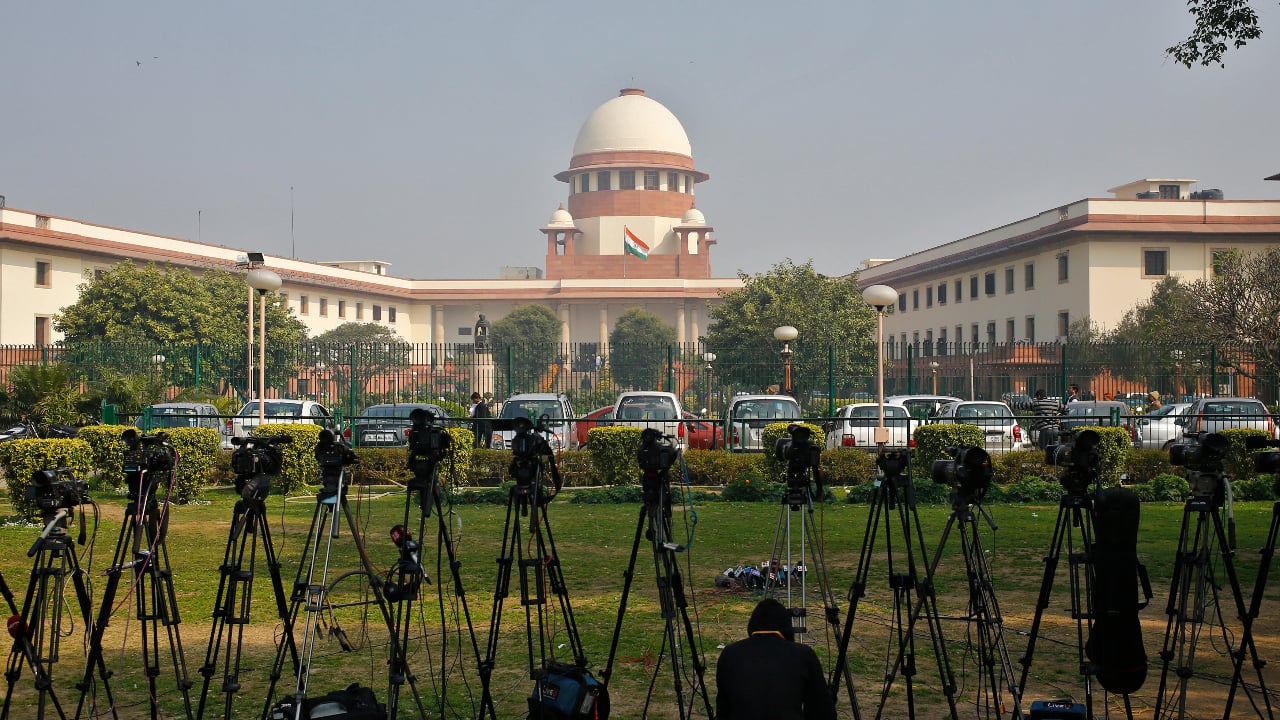 |
|
The Supreme Court of India has reaffirmed the principle of 'bail is the rule and jail is the exception,' emphasizing its applicability even in cases concerning the Prevention of Money Laundering Act (PMLA). This ruling, delivered on Wednesday, saw the apex court grant bail to Prem Prakash, an alleged associate of Jharkhand Chief Minister Hemant Soren, overturning a previous decision by the High Court.
The court's judgment drew parallels with the case of Manish Sisodia, who was granted bail in the Delhi liquor policy case. The bench, comprised of Justices BR Gavai and KV Viswanathan, reiterated that individual liberty is a fundamental right and its restriction must be justified by established legal procedures. This emphasizes a crucial aspect of the Indian legal system, where the presumption of innocence until proven guilty is paramount.
The court further clarified that confessions made by an accused under the PMLA to an investigating officer, in most situations, are not admissible as evidence. This statement stems from the provision outlined in Section 25 of the Indian Evidence Act (now known as Bhartiya Sakshya Adhiniyam), which restricts the admissibility of such confessions. The court deemed it unfair to consider these statements as evidence, particularly if they were obtained while the accused was in custody for an unrelated case.
The granting of bail to Prakash was influenced by his prolonged detention and the delays in trial resulting from a large number of witnesses. The court also observed that there was no prima facie evidence of Prakash's guilt in the alleged offenses, and he posed no risk of tampering with evidence. Consequently, bail was granted with a bond set at Rs 5 lakh.
This judgment reinforces the Supreme Court's commitment to upholding the principles of individual liberty and fair legal procedures, even in complex cases involving serious allegations. It serves as a reminder that the burden of proof lies with the prosecution, and the accused is presumed innocent until proven guilty. This decision underscores the importance of balancing the need for a fair investigation with the protection of individual rights and freedoms.
Source: Bail is rule, jail is exception even in money laundering cases: Supreme Court
